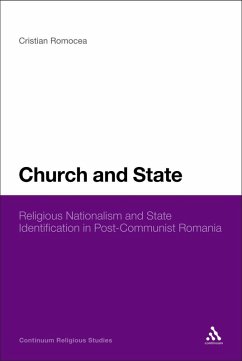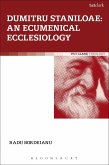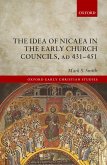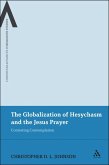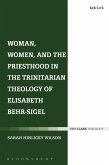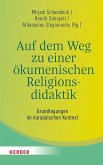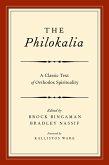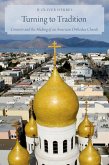Twenty years have passed since the fall of the Iron Curtain, yet emerging democracies continue to struggle with a secular state which does not give preference to churches as major political players. This book explores the nationalist inclinations of an Eastern Orthodox Church as it interacts with a politically immature yet decisively democratic Eastern European state. Discussing the birth pangs of extreme nationalist movements of the twentieth century, it offers a creative retelling of the ideological idiosyncrasies which have characterized Marxist Communism and Nazism. Cristian Romocea provides a constant juxtaposition of the ideological movements as they interacted and affected organized religion, at times seeking to remove it, assimilate it or even imitate it. Of interest to historians, theologians and politicians, this book introduces the reader, through a case study of Romania, to relevant and contemporary challenges churches worldwide are facing in a context characterized by increased secularization of the state and radicalization of religion.

